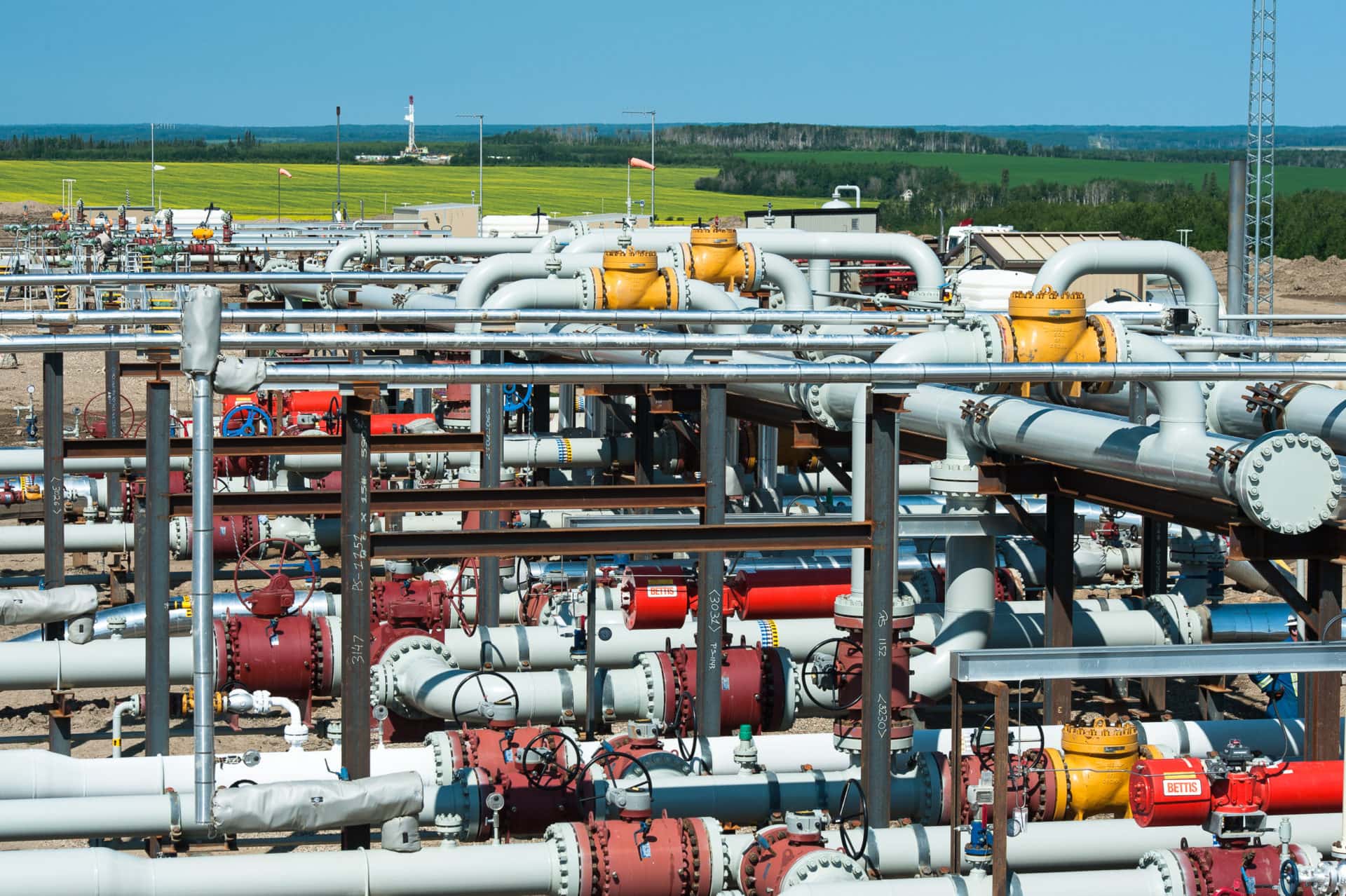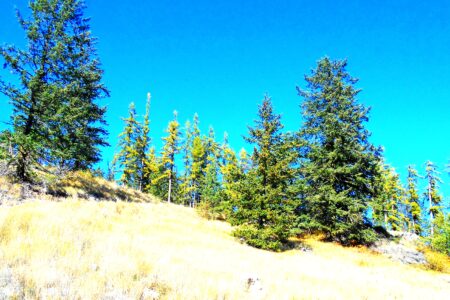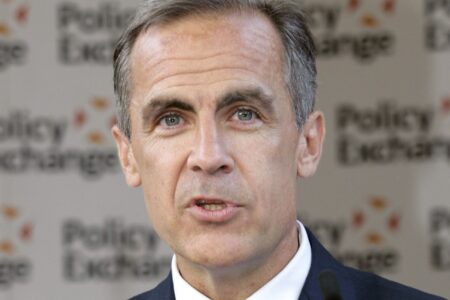BC taxpayers subsidized fracking companies to the tune of 1.2 billiion in two years
Although the amount of natural gas fracked in the northeast corner of the province has increased by 70 per cent over the last decade, British Columbia is increasingly out of pocket when it comes to collecting on this industry’s resource royalties, according to newly released data
By Judith Lavoie, for The Narwhal
Fossil fuel companies drilling for gas in B.C. are benefitting from massive provincial subsidies that allow them to reduce the amount of royalties paid to the province, research by the Canadian Centre for Policy Alternatives has found.
Companies drilling and fracking for natural gas in northeast B.C. were bankrolled by the province to the tune of $703 million last year, a 45 per cent increase over the previous year when companies were handed more than $485 million in credits.
As deep well credits are used to reduce the amount of royalties companies pay to the province when the production process has ended, that means B.C. is increasingly out of pocket even though the amount of gas produced in B.C. has risen more than 70 per cent over the last decade.
The total in the deep well credit account now amounts to $2.2 billion.
Last year, natural gas royalties flowing into the provincial treasury amounted to $102 million compared to $1.3 billion a decade earlier and, although the decline is partially due to falling market prices for gas, the deep well credits are partially responsible for the shrinking revenues, says Ben Parfitt, CCPA resource policy analyst.
“And, with a combined $2.62 billion in credits sitting in the credit account, thanks to the credit program’s 17-year duration, those anemic revenues will be a fixture for years to come,” Parfitt, who is also a contributor to The Narwhal, said.
“That’s a huge sum of money and it’s getting bigger each year. It’s high time the province explained why such subsidies are necessary or, if they are not, why they continue,” he said.
The ongoing loss of revenue means less available funds for healthcare, education and other public services, said Parfitt, who spearheaded a battle to force the provincial government to release the data, which was being kept a closely guarded secret.
Deep well credit data withheld for two years
The CCPA made a Freedom of Information request for the figures two years ago, but the Finance Ministry fought release of the documents claiming that the information could not be made public because it constituted sensitive tax information.
That argument was successfully appealed by the CCPA, but last year, the government argued that publicizing such figures would harm the interests of “third parties.”
That was also successfully challenged by the CCPA and — finally — the figures were released.
The figures show that 26 companies received credits and the top three recipients last year, receiving almost half the credits, were the Cutbank consortium, led by Encana, Painted Petroleum and Tourmaline Oil. Between 2005 and 2017 Encana donated $1.2 million to the provincial Liberals and $113,000 to the NDP.
Also on the list of recipients is Petronas Energy Canada Ltd., one of the principal partners in the planned LNG Canada export facility at Kitimat, which is also benefitting from discounted electricity prices, exemptions from carbon tax increases, corporate income tax breaks and deferral of provincial sales tax on construction.
“If you see a pattern here, you are not alone,” Parfitt said.
Continuing the secrecy trend, the Finance Ministry is now fighting CCPA efforts to obtain figures on what each of the companies receiving credits pays the government in royalty fees. The ministry is again claiming the information would be harmful to undisclosed third-party interests, Parfitt said.
“We think it is shocking that we have to appeal such a decision to the Office of Freedom of Information and Privacy,” Parfitt said.
“Royalty payments are a form of rent and are made in recognition that resources like natural gas belong to the people of B.C. There is no reasonable justification for withholding such basic information,” he said.
‘Resources practically given away’
The aim in obtaining the information is to allow the public, for the first time, to compare credits to revenues and ask some necessary questions, Parfitt said.
“Is the government lowering royalty fees and effectively propping up fossil fuel extraction that would otherwise be unprofitable and, if so, at what cost?” Parfitt asked.
The obvious comparison, Parfitt points out, is that, for decades, the public has had access to details of what logging companies pay the provincial government for trees cut on private lands.
“If the dollars paid by Canfor for the trees it logs are part of the public record, then the dollars that Encana pays for the natural gas it extracts from the ground should be part of the public record too,” he said.
“By withholding such information, the public is quite naturally left with the impression that its resources are practically being given away to private business interests with the government’s active and very generous support.”
The deep well credit program, which started in 2003, was initially supposed to cover some of the costs fossil fuel companies incurred when drilling deep or horizontal wells, but such practices are now common, meaning most companies are eligible for the credits.
The subsidies have also raised the ire of Green Party of B.C. leader Andrew Weaver who, speaking in the legislature earlier this year, said that, since the program started in 2003, the program has reduced existing and future royalty liability by nearly $6 billion.
“Why is there not a standard public disclosure of these credits and royalties that are received,” he asked in the House. “There is, for example, for stumpage fees in the province, under the harvest billing system. Why are we not making public the royalty credits that are being claimed here?”
Weaver, in his blog, said the B.C. Greens are deeply troubled “by the generational sellout embodied in B.C. NDP corporate welfare aimed at trying to attract LNG to B.C.”
Judith Lavoie is an award-winning journalist based in Victoria, British Columbia.

























